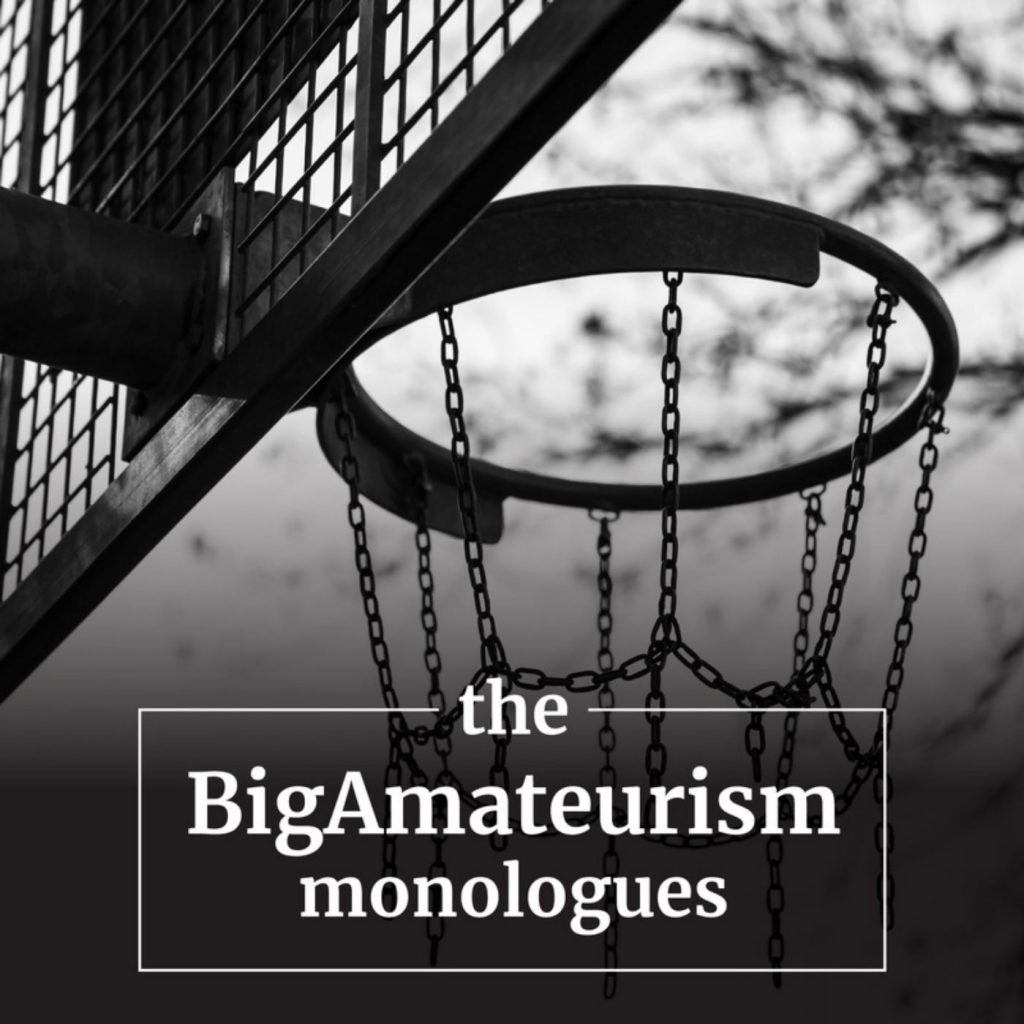Episodes
On April 20, 2022, the California Senate’s Education Committee heard debate on the College Athlete Race and Gender Equity Act (the “Act”). The bill was authored and sponsored by state Senator Stephen Bradford who co-sponsored California’s 2019 name, image, and likeness law. The Act’s essential component is a revenue-sharing framework where athletes may receive payments directly related to their athletic services if fifty percent of revenues in their sport exceed the total cost of athletics scholarships in that sport. The Act passed the Education Committee 4-0-3 (4 yes, zero no, and three abstentions). A third-party fiduciary would manage revenues available for distribution from the trust fund. Athletes must graduate within six years to be eligible for distributions. Notably, the Act does not permit any trust fund distributions to create an employer-employee relationship with the athletes. Of central concern to the Education Committee were the method of calculating revenues and expenses and the potential impact on non-revenue sports and athletes. The Act now moves to the Senate Judiciary Committee for further debate and another vote. This episode analyzes the Act as a post-Alston/NIL/transfer stress test on the state of athletes’ rights in 2022. Will legislative decision-makers in California and elsewhere be open to revenue-sharing as a form of pay for play “light”?
According to a recent article in Sportico, the Mid-American Conference (MAC) has asked the NCAA for “clarity” on whether the MAC’s contract with Genius Sports violates the NCAA’s anti-sports betting rules. This episode analyzes the cynical ways the NCAA and major conferences are normalizing betting on college sports and the massive revenue bonanza that will flow from that normalization.
On April 12th, Tom McMillan appeared in a forum for university trustees titled “Name, Image, and Likeness(“NIL”): What it Means for College Governing Boards. The American Council of Trustees and Alumni hosted the forum. McMillan was a former member of the University of Maryland Board of Trustees. Since 2015, McMillan has been CEO of Lead1, a trade association for 131 FBS athletics directors, including the 65 Power 5 schools. Lead1 has taken policy positions on various issues including NIL, athletes as employees, infractions, diversity/inclusion/equity, transfer rules, NCAA governance, and importantly, sports betting. Joining McMillan were Michael Hsu, an athletes’ rights advocate and former member of the Minnesota Board of Regents, and Lyle Adams, the owner of Spry, a NIL company. McMillan’s message for university trustees was simple: the sky is falling in an unregulated and out of control NIL market and only Congress can save college sports from imminent collapse. McMillan recycled worn-out status quo talking points from the very beginning of the NIL debate in 2019. He also added a few new ones, including that unregulated NIL deals might increase susceptibility (primarily for star athletes) to sports betting corruption. The message from McMillan was clear: sports betting is bad news and posed a new and alarming threat to the integrity of college sports. This episode examines McMillan’s arguments for Congressional intervention and his role as a paid advocate for FBS athletics directors’ interests.
History may remember the 2022 Final Four for what happened outside the arena than within it. Will Mark Emmert’s press conference disaster(s) be the beginning of the end of his tenure as NCAA President? Will Kansas’ national championship insulate it from a harsh ruling by the NCAA’s Independent Accountability Resolution hearing panel? What does Bob Bowlsby’s decision to step down as Big 12 conference commissioner mean for the Big 12 and the Power 5? Can Greg Sankey and his Division I Board of Director’s Transformation Committee save college sports from self-destruction? Will the incessant cries from the NCAA/Power 5 for a congressional bail-out fall on deaf ears? Will athletes’ rights pathways broaden or contract? What power does the NCAA president have? These questions and issues are the flotsam and jetsam of the 2022 Final Four. This episode sorts through the trash.




